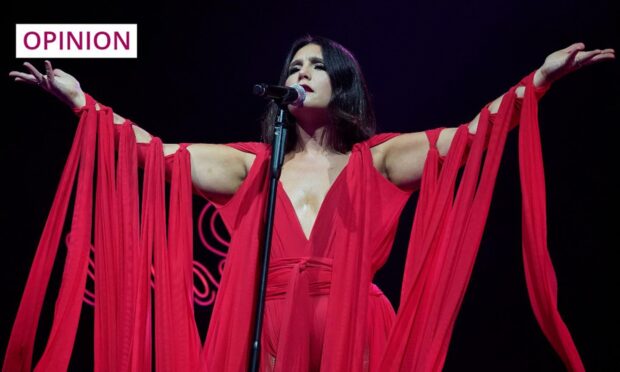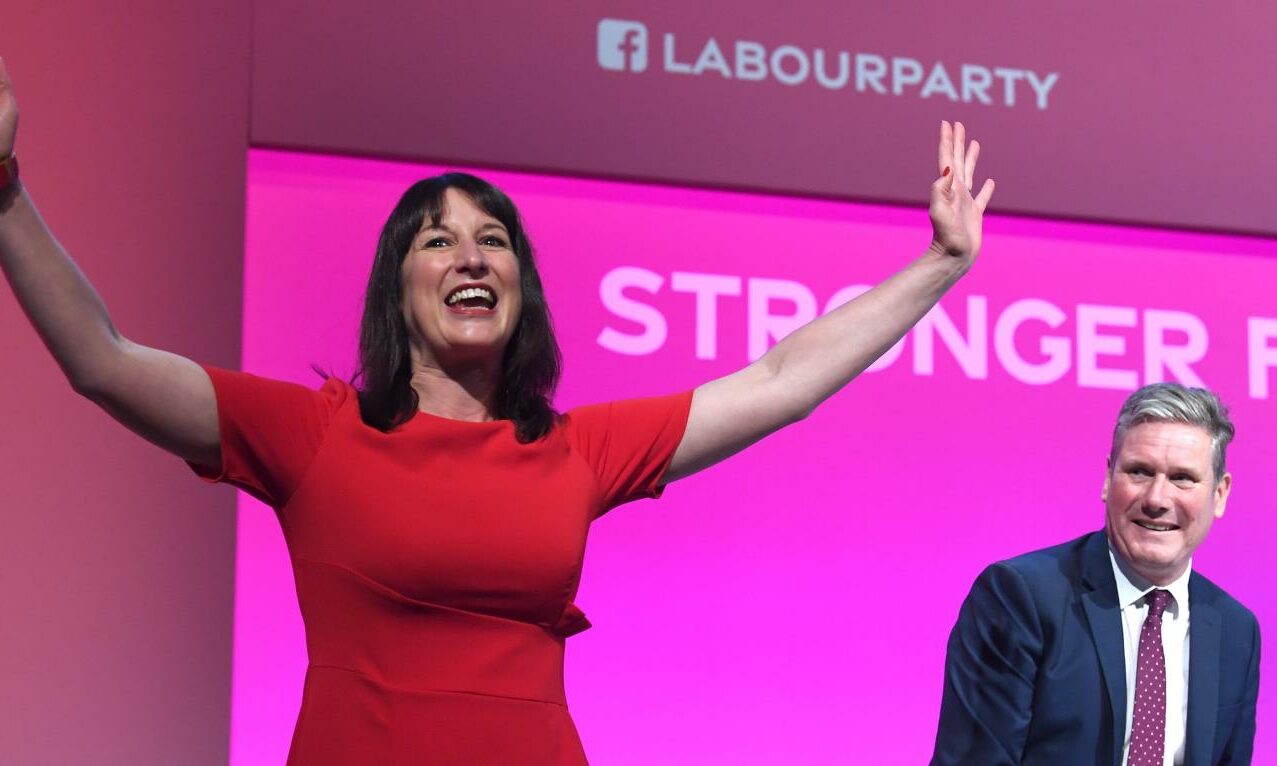On this day next year, I fully expect to be going to vote.
Thursday, November 28, 2024 has a lot going for it as a polling day. It allows all parties to hold their autumn conferences, where they can set out their stall and generate some last-minute cash.
Rishi Sunak can return from his leader’s speech and start a six-week campaign. And it keeps a respectful distance from whatever ramifications the US election may bring at the start of that month.
Of course, the Westminster village convinced itself again last week that we’re in for a spring election. This time because Chancellor Jeremy Hunt started the Tory tax giveaway that is their last, unimaginative strategy to turn the polls around. The theory goes that National Insurance cuts that kick in come January will be felt and welcomed by May, but baked in and taken for granted by voters by autumn.
Westminster is desperate for an election. But the government is just desperate. Which means the latter will not indulge the former.
Even Sunak’s tax cuts feel half-hearted. From the railways to Royal Mail, nothing works as it should in the UK. Offering a tax cut feels like the second-hand car salesman knocking down the price of a banger that boasts scratched paintwork, coggly wheels and an engine that just doesn’t go.
And, yet, as long as the government sits on a majority in the 70s, the numbers are still stacked in their favour.
No one expects the Conservatives to win the election outright, but a small shift in the polls puts us firmly in hung parliament majority. And that keeps things interesting.
Women are looking for a message that speaks to them
There is still analysis to be done and insight to be shared on who will actually win the election and how. And, to my mind, this is where Jessie Ware comes in.
She is a mumsy pop star and podcaster. She produces unoriginal but upbeat music for women who wear leopard print. Her Table Manners podcast sees her talking about family and food alongside her own mother. And what’s wrong with that?
Her disco pastiche tunes are not cool. But they are popular. And they are popular with a certain section of the population, flexing their muscle in a way not seen before but that may be crucial come the start of December next year, as the dust settles on an election.
Call them the metropolitan elite, call them policy wonks, call them the blob or the Westminster establishment, the fact of the matter is that when they talk about the woke or the workers or whatever passing demographic fad has tickled their fancy, they are thinking about men. But half the electorate are not men.
Whether it’s Jessie Ware’s chart success, Sophie Ellis-Bextor’s sold out Kitchen Disco shows, or the box office behemoth that was the Barbie movie, we are increasingly seeing women, particularly middle-aged women, looking for a message that speaks to them.
A demographic traditionally expected to be passive and assumed to vote as the menfolk in their lives directed is using both its voice and its economic welly
A demographic traditionally expected to be passive and assumed to vote as the menfolk in their lives directed is using both its voice and its economic welly in a way that is welcome and influential. It is this demographic that’ll get one party or another over the winning line at the next general election.
Time for UK political parties to binge on Barbie
There’s some inkling that Labour gets this. It’s been suggested that new chief of staff Sue Gray has formed an effective relationship with the party’s veteran in-house pollster Deborah Mattinson. But that gossip carries a strong whiff of the institutional sexism that bedevils Westminster politics. The idea that two successful women must be bracketed together, all the better to degrade and dismiss both.
I don’t recall similar talk lazily pairing up Dominic Cummings and Lee Cain when they were in Boris Johnson’s backroom team, for example, and they had far more in common than just their gender – they were both copper-bottomed bampots, too.
More telling might be Rachel Reeves’s recent book on the female pioneers of economics. If Reeves becomes chancellor then surely she can be relied on to follow through on the themes of her book – policies to tackle the gender pay gap properly, urging workplaces to adopt comprehensive parental and menopause policies, and recognising the contribution of women’s unpaid labour to the economy. Such steps could underpin a fresh and resilient electoral coalition that would serve her party well into the future.
The fact that it only appears to be Labour considering the needs of that constituency is another indicator that the party may be able to achieve an unlikely majority in 12 months’ time.
That timeline means we still have exactly a year to wait to know the nation’s political fate. But it also gives all parties time to binge on Barbie, download 10 series of Table Manners and subscribe to Psychologies magazine.
The party that satisfies and celebrates rather than sneers at the UK’s middle-aged women is the one that’ll be partying to Jessie Ware’s danceable tunes this time next year.
James Millar is a political commentator, author and a former Westminster correspondent for The Sunday Post


Conversation